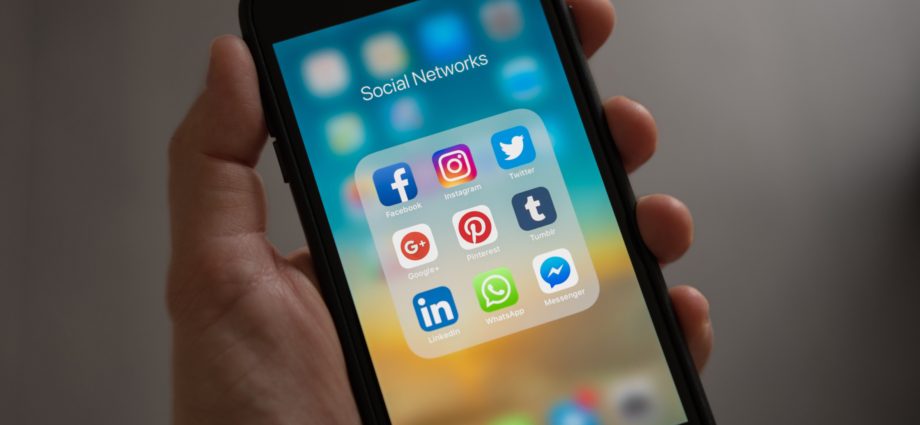
Michelle Grattan, University of Canberra
November 28, 2024
Big tech platforms won’t be able to compel people to provide digital ID or government-issued identification documents such as a passport, when verifying age for social media accounts.
The government is inserting this prohibition, recommended by a Senate committee, into its legislation banning people under 16 being on various social media sites.
Opposition communications spokesman David Coleman said this was “an important addition and further strengthens the privacy provisions of the legislation”.
As the bill is rushed through parliament this week, with Coalition support, a small number of rebels challenged it in the Opposition party room, with a handful threatening to cross the floor or reserving their right to do so. Two senators, Liberal Alex Antic and Nationals Matt Canavan, flagged they planned to vote against the bill, while Nationals MP Keith Pitt reserved his position.
The Coalition parties meeting on Tuesday debated the bill for nearly two hours. It received “overwhelming” support, Coalition sources said.
Canavan and Pitt were outspoken publicly with their criticisms of the legislation.
Pitt told Sky he was “on board” for taking action but questioned whether this was the right approach and asked why the rush.
Canavan doubted how effective the legislation would be. “Despite the good intentions behind this bill, it may be completely ineffective or worse,” he told the ABC.
The legislation was only introduced last week. A Senate inquiry on the bill received more than 15,000 submissions but only took a few hours of evidence on Monday before producing its report on Tuesday.
Google and Meta urged the legislation be delayed until the government’s age verification trial is done.
The Senate committee report rejected this.
It said: “Some submitters were concerned that the age assurance trial should be completed prior to the passage of the legislation to enable it to inform the detail and implementation of the bill. However, the committee notes that there is a twelve-month implementation period for this legislation, and the results of the age assurance trial will provide the scope and detail rather than technology being prescribed in the bill.”
Elon Musk, owner of X, has cast doubt on the legality of the bill, reserving the company’s legal rights.
The government and opposition are both confident that, regardless of the rush and the critics, the move will be popular with the public.
YouGov’s latest public data poll found 77% of Australians back the social media ban. This is up from 61% support in an August poll, before the government’s formal announcement. Only 23% oppose the ban.
Michelle Grattan, Professorial Fellow, University of Canberra
This article is republished from The Conversation under a Creative Commons license. Read the original article.
Subscribe to our newsletter.


